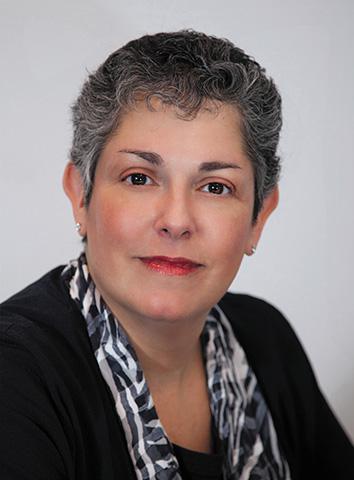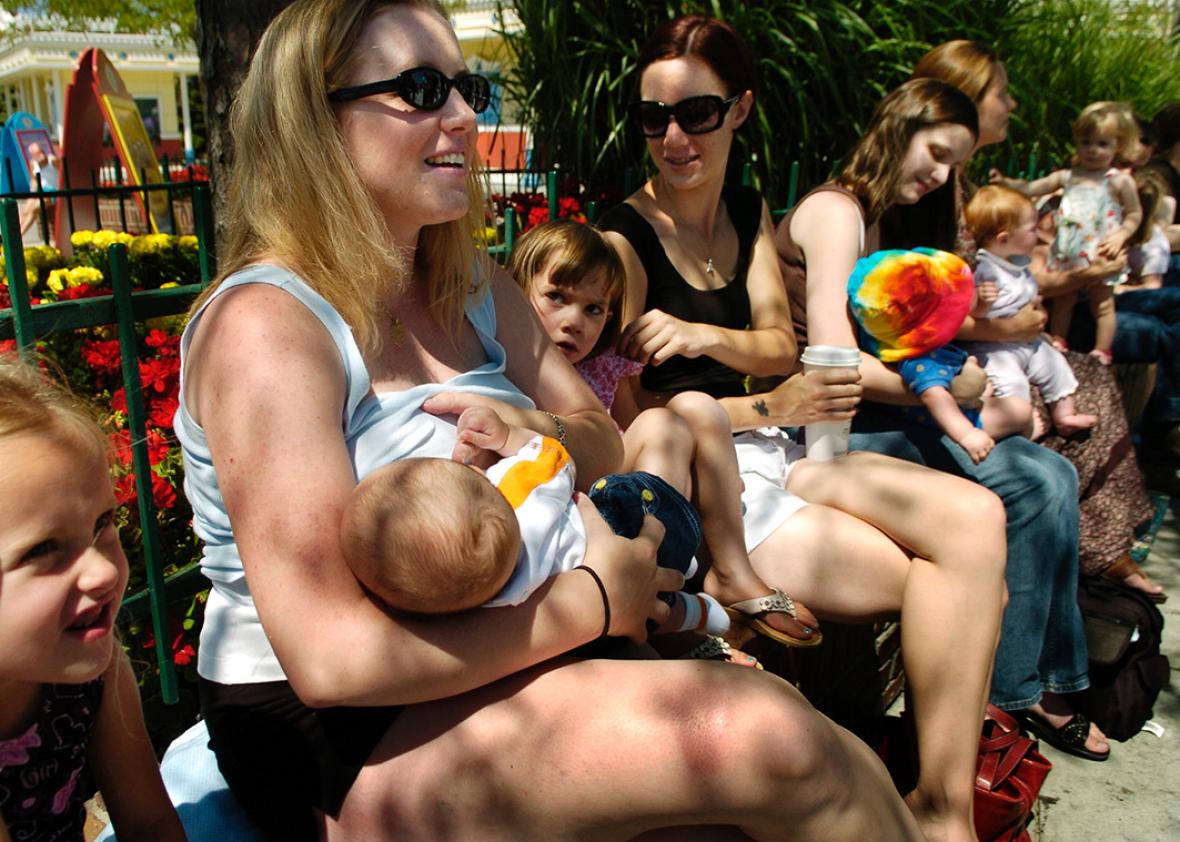Amy Tuteur, author of the new book Push Back: Guilt in the Age of Natural Parenting, is the natural childbirth movement’s most vocal critic. For the past decade, the Harvard-trained OB-GYN has blogged at the Skeptical OB about home birth, medication-free birth, attachment parenting, and the pressure to breast-feed. Her angle is consistent and direct: that the alternative birth scene is largely based on self-serving myths, not science, and creates unnecessary guilt in women who don’t abide by its standards.
I recently spoke with Tuteur about the evolution of the natural childbirth movement over the past century and why she thinks childbirth has taken on an outsize role in women’s lives today. The conversation has been edited and condensed.
Elissa Strauss: Birth has become a politicized issue for many women, as well an act of self-expression. How did this all start?
Amy Tuteur: One of the biggest things to happen in the 20th century was the emancipation of women. One hundred years ago, you and I couldn’t do many of the things we do today. This type of seismic shift often doesn’t happen without there being a backlash. On the right, people have resorted to religious fundamentalism to try to reverse these changes. On the left, they don’t couch it in religious terms, but have come up with a secular version: They worship nature. No matter which way you come at it, you end up in the same place: women being stuck at home being judged by the function of their reproductive organs, and that’s wrong.
Many of the early proponents of natural childbirth and attachment parenting saw them as a way to be good Christians, correct?
It’s so ironic that these movements are now considered feminist, because they were started by people who absolutely weren’t feminist. Grantly Dick-Read [author of the 1933 book Natural Childbirth] came up with natural childbirth because he wanted wealthy white women to have more children. He thought they weren’t doing it because they were afraid of the pain, not because they were more interested in securing economic and political rights. He made up this theory that primitive women have painless labors because they were authentic women. By contrast, educated white women had pain in labor as a punishment. I don’t think it was a coincidence that the painful part echoed the Bible, because he was a very religious man.
Similarly, La Leche League started [in 1956] as a Catholic movement, and Dr. William Sears, father of attachment parenting, is also influenced by Christianity. His wife wrote a book on Christian parenting and child care.
So how did it go from retrograde and religious to feminist and empowering?
Their ideas gave women some agency during a time when the medical system, including obstetrics, was very patriarchal and paternalistic. Everyone was treated terribly back then. And the natural childbirth movement did a lot to change this. They started asking questions: Why is it this way? Why can’t my husband come in? Why can’t I be awake? And the medical system thought about it and realized that it could change. Natural childbirth achieved everything that it supposedly wanted by the early 1980s. Doctors accepted the idea that a woman could have a preference and that that preference should be respected, that the fathers should be in the room, that women shouldn’t be asleep during the moment of birth, that having pain medication should be up to them, and that they should have contact with their newborn babies. They could have declared victory!
What happened instead?
They moved the goal posts further along and turned themselves into an industry to promote “normal birth.” Take the epidural for example. It was introduced in the early 1970s but didn’t become popular until the early ’80s. Women loved it. There’s nothing in what many of the early advocates said that would have made the epidural off-limits. They were not opposed to medication; they just didn’t think it should be up to the doctor to decide who needed it.
But midwives decided that unmedicated childbirth was the goal. In the 1970s, midwives like Ina May Gaskin introduced the idea that giving birth should be a peak experience of a woman’s life—that it should be a spiritual experience. They acted like they were going back to nature, but their ideas on what’s natural are completely ahistorical. Also they acted as though they were giving women a choice when, in subtle and unsubtle ways, they were making it clear that there is one way to do it.
And these messages are still in circulation today.
Yes, it’s evolved so that birth has become a piece of performance art and not a means to an end.

Marcia Dolgin Photography
Still, even though unmedicated home births are not my thing, I think we can do better at accommodating women who want them without compromising their safety.
Yes, there’s a way to do this. The Netherlands know how to do it. We need better-trained midwives, and [we need to] better integrate them into our hospital system. Also, the single thing that would make home birth far safer in the United States—in addition to requiring education for people doing them—is to require anyone performing one to carry malpractice insurance. Malpractice insurers will not cover you unless you are safe.
What about cesarean sections? Can we do better?
The way doctors approach C-sections and the way the natural childbirth industry approaches C-sections are very different. Doctors are ultimately the ones responsible for making the decisions about when to intervene, when the baby’s life is on the line. Midwives and doulas don’t have to make those decisions because they can always hand the patient off when things start going wrong.
Is the C-section rate too high? I don’t think there is any question about that. Can we make it lower? Tell me which ones were unnecessary, and in advance!
What’s the psychological appeal of the natural childbirth and attachment parenting movement?
Being a mother is really, really, really hard, so much of a woman’s self-esteem is on the line in regard to how her children are doing. But for a long, long time, you don’t know if you are doing a good job.
Well, along came this system that told that you are automatically an awesome mother if you have an unmedicated birth and breast-feed and co-sleep. That’s so seductive and can easily become a big part of one’s identity. Then your children grow up, the problems become real and more complicated, and the solutions aren’t so easy.
I’m a mother of four children, and if I learned anything, it’s that there are many ways to raise children. To do it well, you only need to be sure of one thing: that the child is loved and the child knows it.
